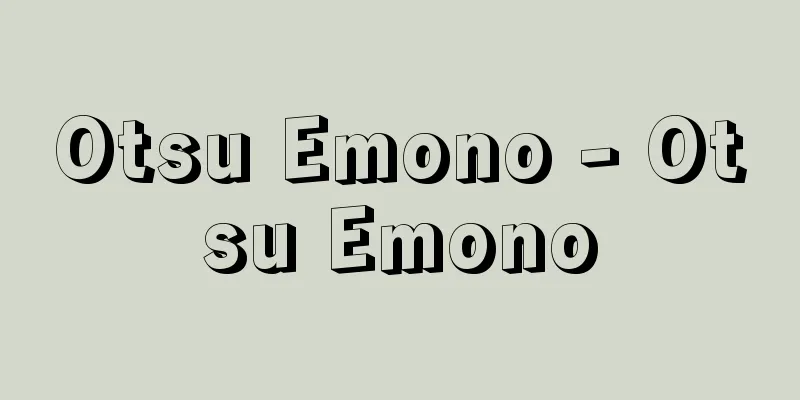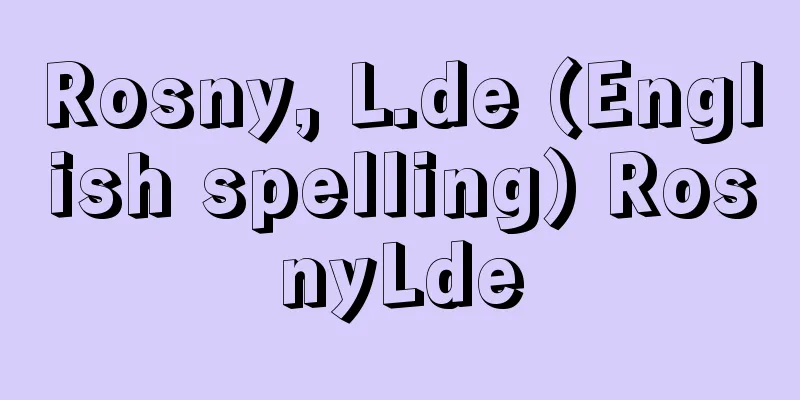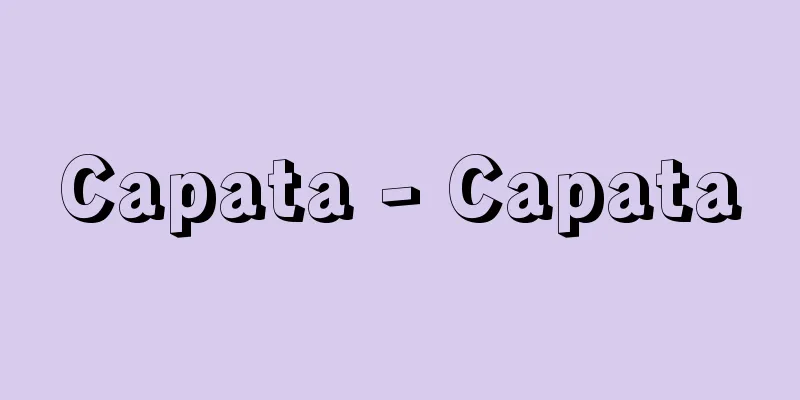Ueki Emori - Plants and Branches

|
A thinker and advocate of freedom and civil rights in the early Meiji period. Born on January 20, 1858, in Iguchi Village, Tosa County, Tosa Province (now Kochi City). His father, Naoe, was a middle-ranking samurai of the Tosa Domain. He studied at the domain school, Chidokan, and in 1874 (Meiji 7), he became inspired to enter politics after hearing a speech by Itagaki Taisuke. In 1875, he moved to Tokyo and studied modern Western thought on his own, attending speeches at the Meirokusha Society, Keio University's Mita speeches, and sermons at Christian churches. In 1876, he was imprisoned for two months for a letter he wrote to the Yubin Hochi Shimbun entitled "An ape-man government that makes people monkeys", which deepened his desire for civil rights, and after his release he wrote a letter to the Kokai Shinpo entitled "Freedom must be bought with fresh blood", in which he argued for the people's right to revolution. In 1877, he returned to Kochi and joined the Risshisha Society, where he drafted the Risshisha Memorial, which called for the establishment of a national parliament. Thereafter, as Itagaki's brain, he dedicated his life to spreading the theory of civil rights and developing the movement. In 1878, he campaigned throughout western Japan to revive the Aikokusha Society, and was elected a member of the Tosa Shukai assembly. In 1880, he edited the Aikokusha's journal Aikoku Shirin, participated in the National Diet Promotion Alliance and the First Liberal Party (also known as the Liberal Party Preparatory Committee), drafted the Nihonkoku Kokuken An, the most thoroughly democratic of all privately drafted constitutions, and participated in the formation of the Liberal Party. In 1882, resisting the oppression of the authorities, he held a "Sakaya Kaigi" (Sake Shop Conference) in Kyoto to oppose tax increases, and continued to be active thereafter, editing the Jiyu Shimbun and campaigning. After the Liberal Party was dissolved in 1885, he returned to Kochi, edited the Doyo Shimbun, and worked on local government and women's liberation as a member of the Kochi Prefectural Assembly. In 1890, he was elected to the first House of Representatives election from Kochi 3rd District, but in the first assembly, as a member of the so-called Tosa faction, he contributed to the defeat of the Minto and left the Rikken Jiyuto. He later returned to the Liberal Party, and died in Tokyo on January 23, 1892, while preparing to run in the second general election. He left behind many works and essays, including "On Civil Rights and Freedom," which explained the idea of civil rights in a simple style, "On Supreme Political Law," which outlined his idea of a world government, "On Divine Human Rights," "On a Single Chapter of the Diet," "Women of the Orient," and "The Diary of Ueki Emori." [Shozo Matsunaga] "Study on Ueki Shimori" by Saburo Ienaga (1960, Iwanami Shoten)" ▽ "Selected Works of Ueki Shimori" edited by Saburo Ienaga (Iwanami Bunko) [Reference item] |©Shogakukan Library "> Plant branches Source: Shogakukan Encyclopedia Nipponica About Encyclopedia Nipponica Information | Legend |
|
明治前期の思想家、自由民権論者。安政(あんせい)4年1月20日、土佐国土佐郡井口村(高知市)に生まれる。父直枝(なおえ)は土佐藩の中等の藩士。藩校致道館(ちどうかん)で学び、1874年(明治7)板垣退助(いたがきたいすけ)の演説を聞いて政治に発奮した。1875年上京し、明六社(めいろくしゃ)の演説会や慶応義塾の三田(みた)演説会、キリスト教会の説教などを聴講しながら、西洋近代思想の独学に励んだ。1876年『郵便報知新聞』に投書した「猿人政府ひとをさるにするせいふ」で2か月間投獄されたことが民権への志を深め、出獄後『湖海新報』に投書した「自由は鮮血を以(もっ)て買はざる可(べか)らざるの論」では、人民の革命権を主張している。1877年高知へ帰り立志社(りっししゃ)に入り、国会開設を要求した「立志社建白書」を起草し、以後板垣のブレーンとして民権理論の普及と運動の発展に生涯を賭(か)けることになる。1878年愛国社再興のため西日本各地を遊説し、土佐州会の議員に選ばれた。1880年には愛国社の機関誌『愛国志林』の編集、国会期成同盟や第一次自由党(自由党準備会ともいわれる)に参加、1881年には私擬憲法中もっとも民主主義に徹底した「日本国国憲按」を起草し、さらに自由党結成に参画した。1882年には官憲の圧迫に抵抗しながら京都で増税反対の「酒屋会議」を開き、その後も『自由新聞』の編集や遊説など精力的な活動を続けた。自由党解党後の1885年に高知に帰り、『土陽新聞』の編集や高知県会議員として地方自治、婦人解放などに取り組んだ。1890年第1回衆議院議員選挙に高知3区から当選したが、第1議会では、いわゆる土佐派議員の一員として民党敗北に加担し、立憲自由党を脱党した。のち自由党に復帰し、第2回総選挙立候補を準備中の明治25年1月23日東京で没した。平易な文体で民権思想を説いた『民権自由論』、世界政府構想を示した『無上政法論』をはじめ、『天賦人権弁』『一局議院論』『東洋之婦女』『植木枝盛日記』など多数の著作や論説を残している。 [松永昌三] 『家永三郎著『植木枝盛研究』(1960・岩波書店)』▽『家永三郎編『植木枝盛選集』(岩波文庫)』 [参照項目] |©小学館ライブラリー"> 植木枝盛 出典 小学館 日本大百科全書(ニッポニカ)日本大百科全書(ニッポニカ)について 情報 | 凡例 |
Recommend
Gusetsu - Gusetsu
… [Motomi Ito] [Medicinal] Almost all parts of th...
paratomy
…In planarians, which are turbulent worms, the bo...
Kamiishihara-juku
...The five Futa stations were lined with houses ...
Akasaka Senjuin Temple
...Kaneshige, who is also considered one of the T...
Porch (English spelling)
An architectural term. Also called a portico. A ro...
a priori language (English)
…Furthermore, Johann Martin Schleyer (1831-1912) ...
Wholesale work - Oroshisaku
…The increase in the productivity of small farmer...
Mount Vulture
In Sanskrit, it is called Gdhrakūa, and is also t...
Fresh cultivation - pond making
Also called "ikidukuri." Also written as...
adoptionism
…However, when Christianity left Palestine and en...
Clock Glass - Tokeizara
A glass dish used in chemical and biological exper...
Piocoris varius (English spelling) Piocorisvarius
...The sugarcane long-winged bug, Cavelerius sacc...
acceptance credit
…In Greece in particular, the acceptance of payme...
Omiya Calendar - Omiya Calendar
〘Noun〙 A kana calendar issued by Hikawa Shrine in ...
airhead
...When supplies and logistical facilities can be...









